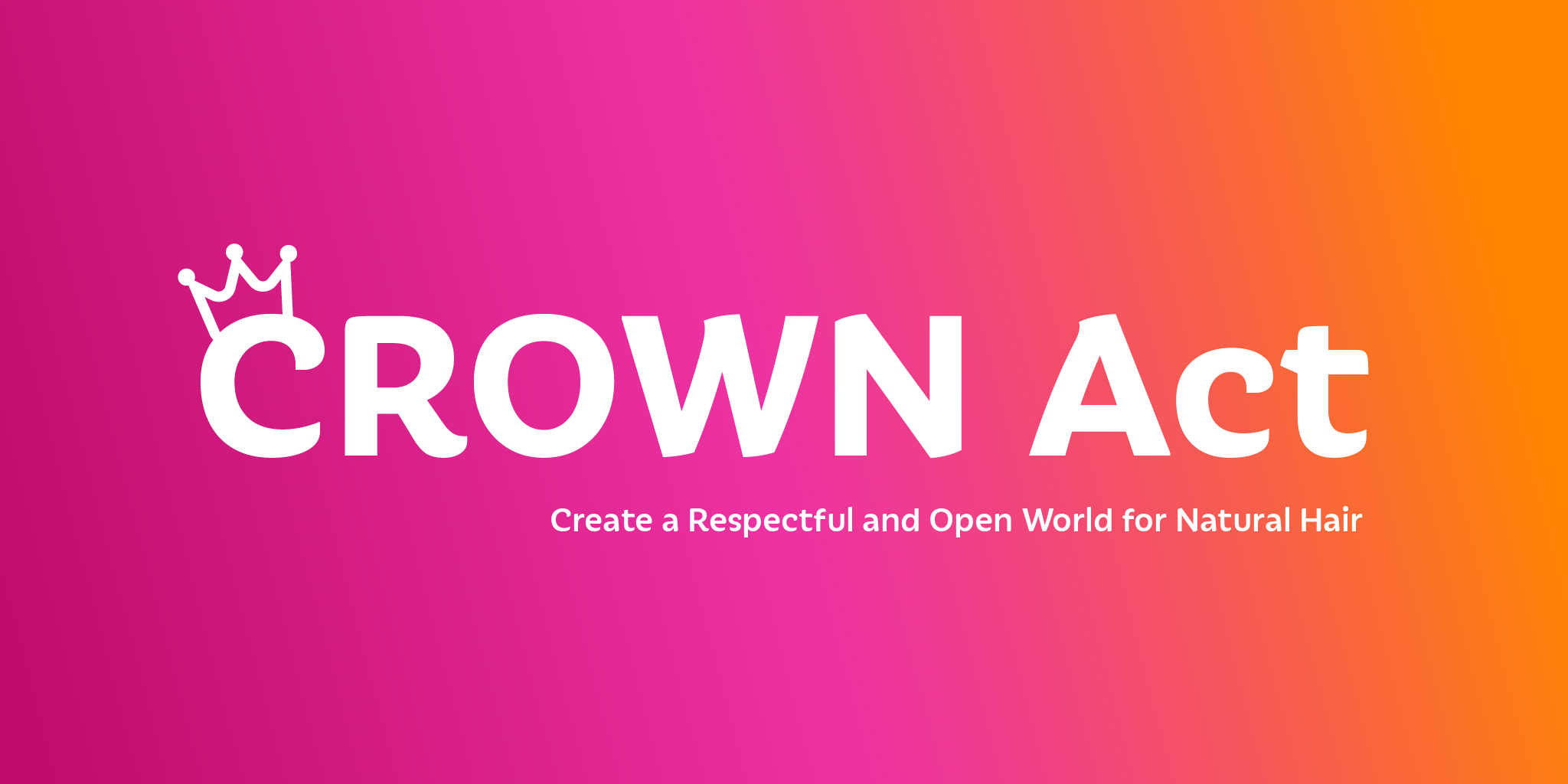Strands of Change: How the CROWN Act Shapes Our Understanding of Professionalism
Explore the transformative impact of the CROWN Act on workplace inclusivity and respect, highlighting the historical significance of natural hairstyles and the fight against discrimination.
Jackye Clayton
VP of Talent and DEI
May 1, 2024

"Jackye, come let Miss Amber do your hair!" my mom would shout from downstairs. Every time, I'd pretend not to hear her. Each summer, the thought of sitting through another cornrow session filled me with dread. "Why do I have to get cornrows?" I'd moan. "Your hair is your crown and glory, and we need to protect it," Mom would insist. Yet, those cornrows felt less like a crown and more like a bullseye at summer camp.
When I got older, I truly grasped the rich history behind cornrows. They date back to 3000 BC, are deeply rooted in Black culture, and serve as more than just a style—they are a form of expression. In pre-colonial Africa, you could look at someone's hairstyle and learn if they were royalty, gearing up for marriage, preparing for battle, or expecting a baby. This cultural and historical significance makes protecting natural hairstyles all the more critical.
But history took a grim turn with colonization. Ayana Byrd and Lori Tharps highlight in their book, Hair Story: Untangling the Roots of Black Hair in America that one of the first things European slave traders did was shave the heads of those they captured. This cruel act was meant to strip away the captives' cultural identity and sever their ties to their community.
Flash forward to 2010, and Chastity Jones was put in a tough spot: cut her dreadlocks to keep a job offer or keep her hair and lose the opportunity. She chose to stand by her identity, a decision many others have faced. Unfortunately, the job offer was pulled back, highlighting the real-world consequences of hair discrimination.
Cedric Richmond, a former U.S. Representative from Louisiana, introduced the CROWN Act in response to ongoing hair-based discrimination. Standing for "Create a Respectful and Open World for Natural Hair," this groundbreaking legislation not only aims to ban discrimination based on hairstyles like afros, dreadlocks, braids, and twists but also empowers individuals to embrace their natural hair without fear of retribution, fostering a sense of freedom and self-expression.
The CROWN Act's Impact in the Workplace:
- Protection for Employees: It legally protects individuals from discrimination over natural hairstyles.
- Promoting Inclusivity and Respect: By deeming all hairstyles as professional, theTherkplace.
- Combating Bias: It challenges the stereotypes and biases that can lead to unfair treatment in professional settings by recognizing diverse hairstyles as professional.
- Legal Accountability: Employers who defy the CROWN Act can face significant penalties, including fines and legal action, encouraging them to adopt more equitable policies. This underscores the seriousness of the issue and the need for employers to take the CROWN Act seriously.
Already passed in over 40 regions across the U.S., the CROWN Act is a critical step in protecting individuals against hair discrimination. This achievement was made possible through grassroots advocacy, community support, and recognizing the need for change.
According to a 2019 Dove study, Black women are 30% more likely to be subjected to strict grooming policies and sent home from work due to their hairstyles. "The CROWN Act plays a vital role in ending such discrimination, enabling people to thrive and embrace their natural beauty," states a CROWN Act advocacy group. "Unjust grooming policies disproportionately affect Black men, women, and children and perpetuate cultural and racial discrimination within workplaces and schools."
At Textio, we deeply understand and champion the importance of language in fostering inclusivity. That's why our platform now flags any mention of specific hairstyles as potentially discriminatory, advising users to avoid referencing hairstyles in professional feedback. By being mindful of our language, we can all contribute to a more inclusive and respectful workplace.
By understanding and championing the CROWN Act, we support individual expression and advocate for broader cultural acceptance and equality.